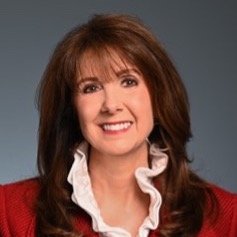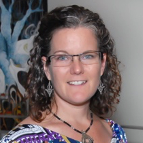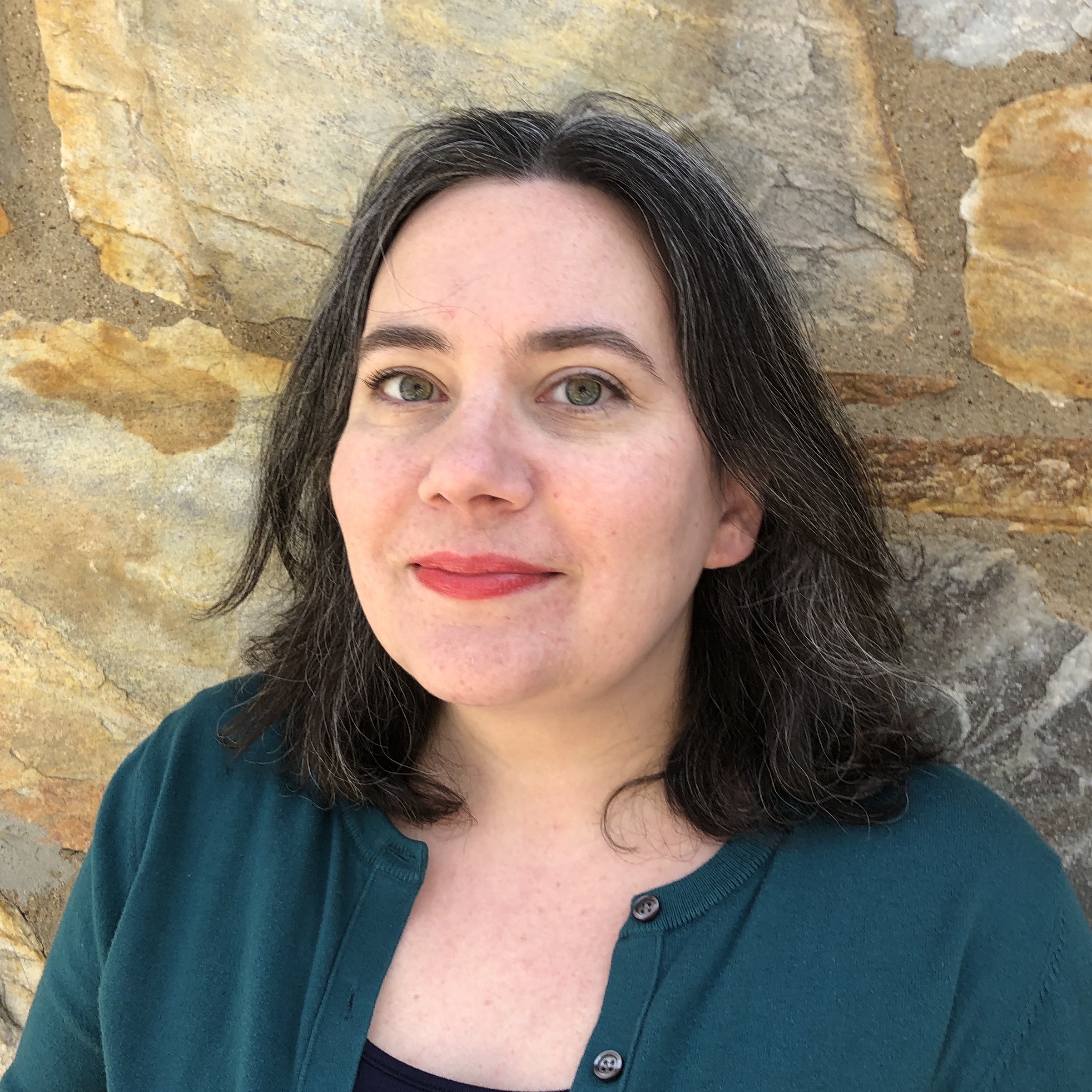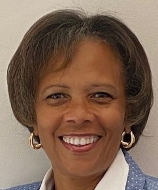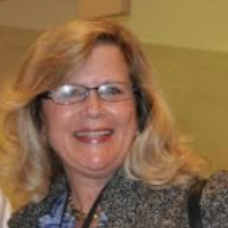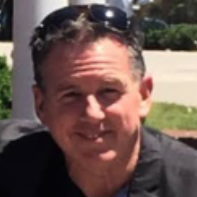Knowledge Perspectives is a new series of virtual learning opportunities for NASA’s knowledge community. These regularly scheduled sessions feature thought-provoking presentations on current topics that are designed to spark free discussion and the substantive exchange of ideas. The discussions include actionable items to enhance efficiency and deepen understanding of the role that lessons learned plays in mission success, as well as provide the opportunity to learn from industry partners and work on agency-wide problem-solving.
Join us as we discuss with recognized experts and leaders the topics that resonate with the NASA KM community. These engaging discussions will drive positive change and enhance our ability to gather and disseminate knowledge to achieve mission success.
NASA’s Knowledge Community includes mission directorate, center and organizational Chief Knowledge Officers (CKO), Points-of-Contact (POC) and Knowledge Services Leads.
NAVIGATE THE PAGE
| Capturing Legacy — Drawing Out a Great Story! Aired on 9/16/2021 from 2:00pm-3:00pm EST. Presenters: Deana Nunley and Joyce Abbey |
| Tips and Tools for Successful Video Capture, Curation & Access Aired on 6/17/2021 from 2:00pm-3:30pm EST. Presenters: Victoria Weeks and Daniel Hoffpauir |
| Embracing Change in the Era of Disruption Aired on 4/15/2021 from 2:00pm-3:30pm EST. Presenter: Cindy Hubert |
| Tools for Innovation in a Bureaucracy Aired on 1/27/2021 from 2:00-3:15pm EST. Presenter: Kerry O’Connor |
| Engaging the Knowledge Community in NASA’s Digital Transformation Initiative Aired on 11/19/2020 from 1:00-2:30pm EST. Presenters: Jill M. Marlowe, Christopher (Chris) M. Blakely, Ed McLarney and Jason Duley |
| Lessons Learned: Understanding the Neuroscience of Effective Information Gathering Aired on 9/17/2020 from 1:00-3:00pm EST. Presenter: Bob Faw |
| Lessons Learned During Covid-19 Aired on 7/15/2020. Presenters: Tiffany Smith and Donna Wilson |
| Succession Planning and Knowledge Sharing Benchmark Aired on 4/23/2020. Presenters: Susan Snyder and Kevin Magee |
Capturing Legacy – Drawing Out a Great Story!
September 16, 2021 from 2:00-3:00pm EST.
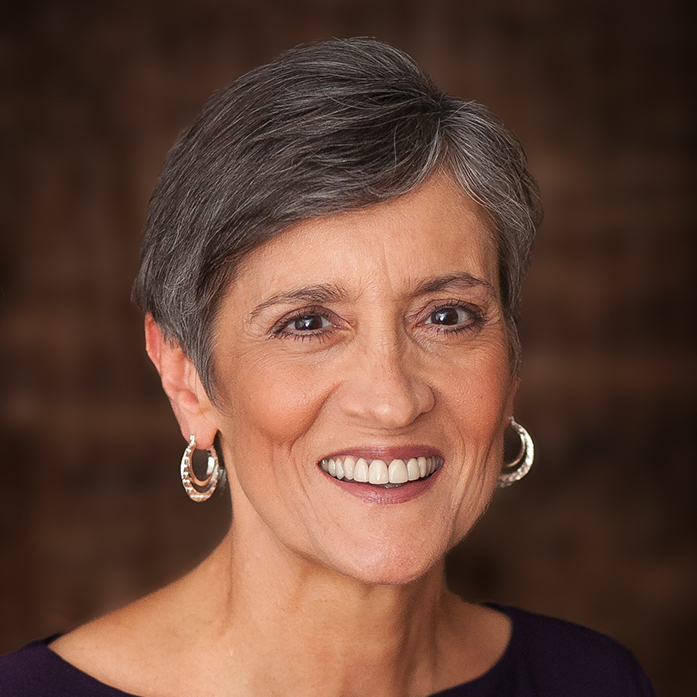 Deana Nunley |
APPEL Knowledge Services Deana Nunley host and producer of NASA’s Small Steps, Giant Leaps podcast, and JSC’s Knowledge Management Office’s case study chief investigator, Joyce B. Abbey, will talk about how they prepare for and manage interviews with an eye toward drawing out a great story. They’ll share their stories about how they prepare themselves, and how they prepare their interviewees. We’ll even get to hear about some of the interviews that went ‘off the rails’, and how they recovered, as well as their most fun interview experiences.
Deana Nunley is a communications professional who serves as technical editor on the NASA APPEL Knowledge Services team. She hosts and produces Small Steps, Giant Leaps, a biweekly podcast that taps into the experiences of NASA’s technical workforce as they develop missions that redefine the future with amazing discoveries and remarkable innovations. A former broadcast journalist, Nunley has spent most of her career in public relations and strategic communications positions and holds the Accredited in Public Relations (APR) certification. She previously served as director, corporate communications at ASRC Federal. Nunley has a bachelor’s in political science from Athens State University. |
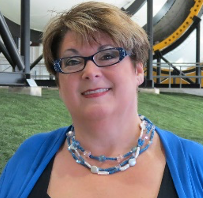 Joyce Abbey |
Joyce Abbey is the Johnson Space Center (JSC) Knowledge Management Office Case Study Chief Investigator detailing significant aerospace events to extract lessons learned to apply to current and future NASA programs, authoring over 40 Case Studies. She also serves as the Safety & Mission Assurance (S&MA) Engineering Contract Employee Communications/External Relations Director for SAIC, and her education, communication skills, creativity, and training are combined to positively to impact employees; improve the community; and inspire educators, students, and the public. Questions or Comments? |
Tips and Tools for Successful Video Capture, Curation & Access
June 17, 2021 from 2:00-3:30pm EST.
 Victoria Weeks |
Victoria Weeks – Verglas Media Owner and Creative Director
Victoria spent over a decade as a science media producer at the NASA Goddard Space Flight Center in Greenbelt, Maryland. In addition to her other work at NASA, she developed the art of videography and editing for sphere films, starting with the world’s first film for Science On a Sphere, Footprints (2006). Her work has taken her all over the world; from huge satellite cleanrooms in California, to mountain peaks in Hawaii to ice sheets at the geographic North Pole. In 2012 Victoria chose Canaan Valley, West Virginia as her new home. In 2013 she started Verglas Media. 2014 saw the release of NASA’s latest spherical film Water Falls, with Victoria at the helm as editor and videographer. In 2014 Verglas Media released the first independent film created for Science On a Sphere, Our Pale Blue Dot. Premiering at the World Science Festival in New York in 2014, Our Pale Blue Dot plays regularly at NASA facilities and science centers around the world. Over the years, Verglas Media, LLC has expanded to include marketing, photography, web and branding design services. Victoria has been honored as a West Virginia Wonder Woman and Tucker County Business Person of the Year. In 2018, Verglas Media produced the award winning FarmFreshWV media campaign, using TV commercials, billboards, print ads and web applications to promote West Virginia’s farmers markets. Artistic sensibilities combined with technical expertise and the endless pursuit of perfection define all of Victoria’s creative endeavors. These traits combine with an unwavering dedication to her clients to make Verglas Media a truly special media organization. |
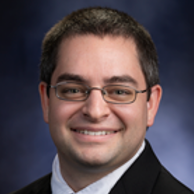 Daniel Hoffpauir |
Daniel Hoffpauir – Media Fusion, LLC – Digital Knowledge Specialist
Daniel Hoffpauir has provided over six years of information technology, multimedia, and communications support to the NASA Engineering & Safety Center (NESC) and three to the NASA Engineering Network. Through producing webcasts for the NESC Academy and APPEL’s NASA Virtual Project Management Challenge, Daniel has developed a keen interest in knowledge sharing. Reared as an Army brat in foreign lands, he appreciates the diverse experiences present throughout NASA and wants to enable collaboration across the Agency. Daniel graduated from Old Dominion University in 2014 with a B.S. in Business Administration, majoring in Information Systems and Technology. Questions or Comments? |
Embracing Change in the Era of Disruption
April 15, 2021 from 2:00pm-3:30pm EST.
|
As unprecedented as the 2020 global pandemic was, the jarring changes we are continuing to experience are actually something KM leaders and practitioners have been practicing for, without knowing it. We live in a world and environment defined by disruption and rapid evolution – that was true pre-pandemic and into 2021 and will continue to be true for the foreseeable future. Join Cindy Hubert to discuss some foundational tenets to help you survive the waves of change that are rushing toward you. Hubert will discuss best practices, lessons, and techniques to help you prepare and brace for change and embrace change to accelerate improvement and innovation. The tenets of change include:
As an executive director of client solutions, Cindy Hubert is responsible for inspiring leadership and building knowledge on multiple dimensions – senior client leadership, industry and subject matter leadership, and collaborative leadership across APQC. She brings both a strategic and pragmatic approach to designing solutions for APQC clients by bringing together all aspects of APQC’s capabilities to solve real problems. Cindy supports both sales and delivery teams with her industry knowledge, valuable experience, and analytical skills to address APQC clients’ most important challenges. Over the past 25 years, Cindy has provided the leadership and oversight to more than 500 client projects around the world involving transfer of best practices, benchmarking, knowledge management, and process and performance management using APQC’s proven methodologies. Armed with passion, energy, proven methods, and best practices, Cindy has helped APQC clients assess the strength and maturity of KM capabilities, create implementation roadmaps to achieve business impact, use analytics to craft the business case for KM, and develop the client’s team to execute knowledge sharing and transfer approaches long after APQC is gone. Her goal and that of every Advisory Services team member is to help clients build internal capabilities and competency. The scope of her client work spans a variety of industries, including oil and gas, manufacturing, healthcare, financial, retail, non-profit, and consumer products. Before joining APQC in 1995, she spent 15 years in management in the oil and gas and retail industries, promoting quality and continuous improvement with total quality management, benchmarking, and reengineering projects. A graduate of University of Texas at Austin, Cindy received a bachelor’s degree in business administration and marketing. Questions or Comments? |
Tools for Innovation in a Bureaucracy
January 27, 2021 from 2:00-3:15pm EST.
|
Kerry O’Connor has served as the City of Austin’s Chief Innovation Officer since March 2014. The Innovation Office works with City teams to identify and test effective solutions to the complex challenges facing Austin. Under her direction, the Innovation Office has fostered innovation capabilities for strategic co-creation, design research, visualization, agile project management, digital services, open-source development, and open innovation practices.
The Innovation Office has focused on 1) open government and smart city approaches – using emerging technologies to solve real problems for people in Austin; 2) understanding and addressing complex social problems, such as homelessness and displacement due to gentrification, supported by a three-year, $1.25 million dollar innovation team grant from Bloomberg Philanthropies, and 3) MyPass, an MVP technology platform to help residents control and share their identity documents through a distributed ledger, facilitating their access to social and health services especially vital to ending homelessness, such as housing, benefits, and access to medical care. MyPass is funded by the Robert Wood Johnson Foundation. Previously, Kerry worked at the U.S. Department of State, where she established an innovation unit called the Research and Design Center in the Office of the Secretary of State, which offered research, consulting, brainstorming facilitation, and strategic design services. She also developed and managed an employee idea generation program, helped architect sustainable management reforms, coordinated logistics for the Pittsburgh G20 Summit, served as an executive staffer, and improved programs and operations at two U.S. Embassies. She is an entrepreneur, diplomat, storyteller, innovation catalyst, logistician, connector, mentor, activator, and fierce advocate for innovation in government. She holds a Master of Arts in International Affairs from The George Washington University and a Bachelor of Arts in International Affairs from James Madison University. Questions or Comments? |
Engaging the Knowledge Community in NASA’s
Digital Transformation Initiative
November 19, 2020 from 1:00-2:30pm EST.
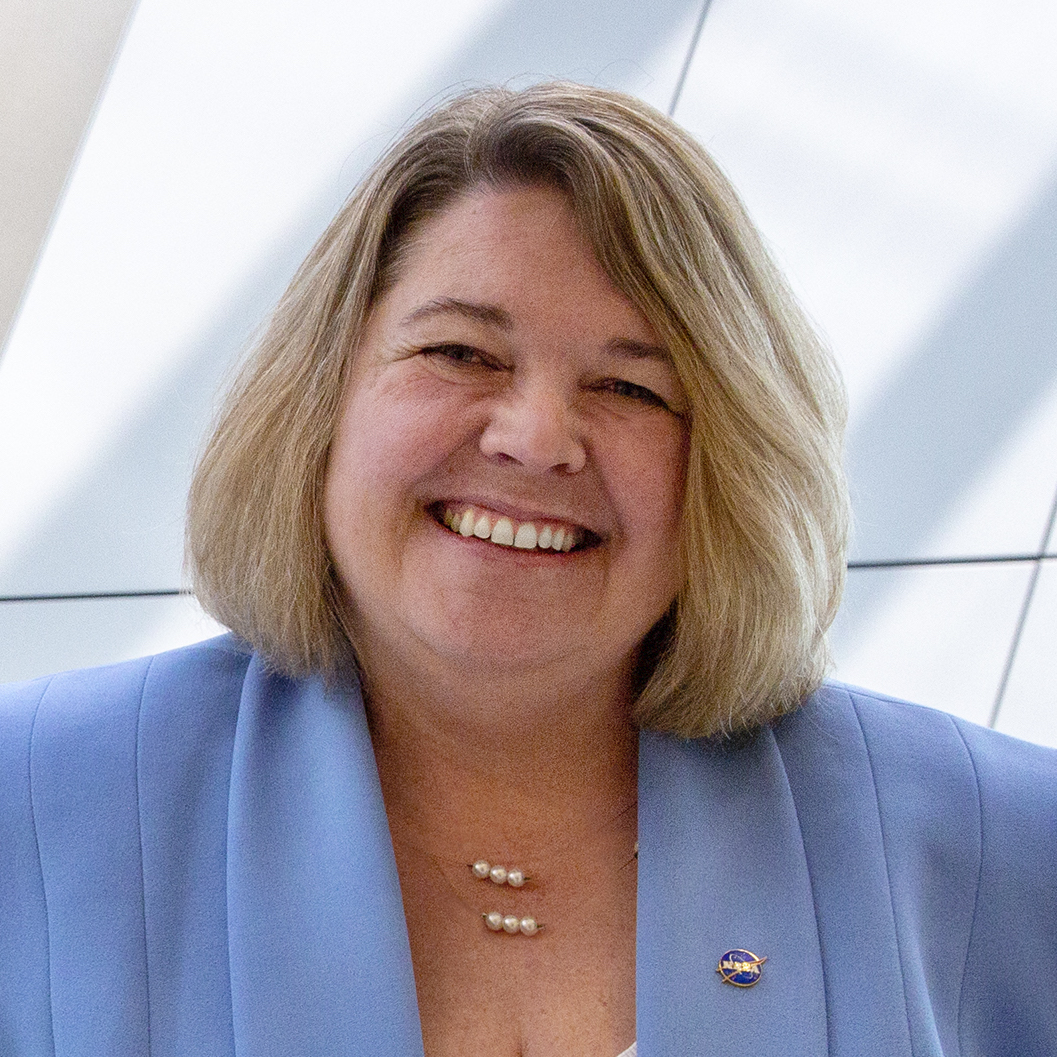 Jill Marlowe |
Ms. Jill Marlowe is the Agency’s Digital Transformation Officer, and leads the Agency to conceive, architect, and accelerate enterprise digital solutions that transform NASA’s work, workforce and workplace to achieve bolder missions faster and more affordably than ever before. Her responsibilities include refinement and integration of NASA’s digital transformation strategy, plans and policies and coordination of implementation activities across the NASA enterprise in six strategic thrusts: data, collaboration, modeling, artificial intelligence/machine learning, process transformation, and culture and workforce.
Prior to this role, Ms. Marlowe was the Associate Center Director, Technical, at NASA’s Langley Research Center in Hampton, Virginia. Ms. Marlowe led strategy and transformation of the center’s technical capabilities to assure NASA’s future mission success. In this role, she focused on accelerating Langley’s internal and external collaborations as well as the infusion of digital technologies critical for the center to thrive as a modern federal laboratory in an ever more digitally-enabled, hyper-connected, fast-paced, and globally-competitive world. |
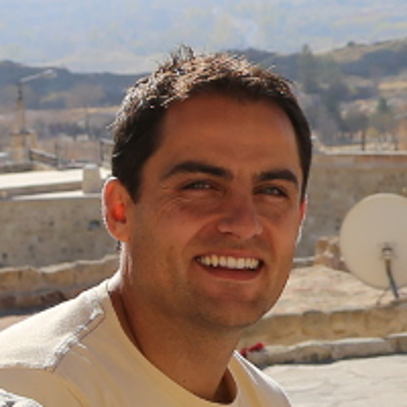 Chris Blakely |
Chris Blakely serves as the Agency lead for External Collaboration, as well as the deputy program manager for the Web Services Office. NASA mission sinvolve partnerships with international, intergovernmental, academic, industrial, and entrepreneurial communities, which requires a high degree of collaboration capabilities in order to accomplish our goals. It is the enablement of this collaboration that Chris predominantly focuses on. As the Agency moves towards a more digital, virtual workplace, the demands for capabilities only grow. Doing so in a secure, efficient and streamlined manner presents a number of challenges given the sensitive nature of many of our missions.
As deputy program manager for the Web Services, his primary responsibility is facilitating cloud services across the Agency by managing one of the largest Managed Cloud Environments based out of the Marshall Spaceflight Center in Huntsville, Alabama. Chris is originally from Seattle, WA and attended the University of Washington, and the University of Miami, graduating with a degree in finance. Over the more than 15 years with NASA he has worked for the Johnson Space Center, Kennedy Space Center, and most recently the Marshall Spaceflight Center. |
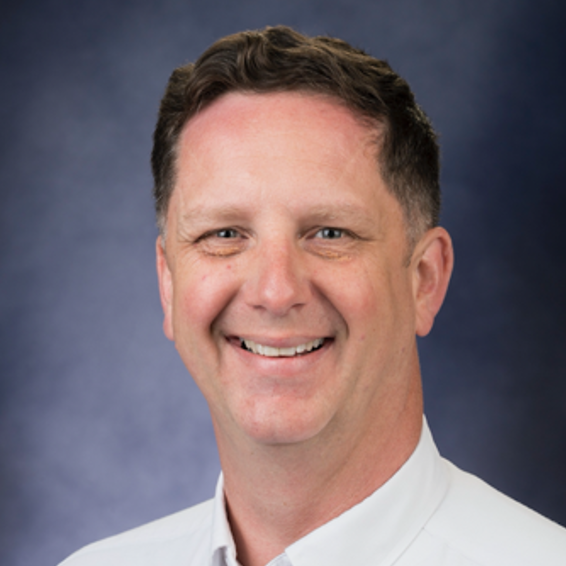 Ed McLarney |
Ed McLarney is the lead for NASA’s Artificial Intelligence and Machine Learning thrust, as part of the overall NASA Digital Transformation initiative. Ed served in the United States Army for twenty years as an Engineer and Operations Research & Systems Analysis officer. Following the Army, Ed has served as a digital transformation and innovation leader at NASA Langley Research Center and across NASA.
Mr. McLarney earned his BS in electrical engineering from the United States Military Academy, and his operations research and systems analysis MS from the Air Force Institute of Technology. Ed’s hobbies include hiking, family, and songwriting. He lives in Hampton, VA, with his wife and daughter. |
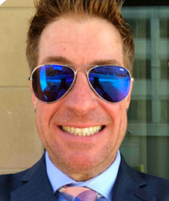 Jason Duley |
Jason Duley is NASA’s Information Management Program (IMP) Executive responsible for defining, developing and implementing the IMP function elements, coordinating team progress, managing the flow of actions for review and approval, representing the program in governance meetings, developing refining and defending the budget, and ensuring adherence to applicable state, local and federal policies and regulations. Mr. Duley plans and manages agency-wide IT programs and projects involving innovative concepts or approaches where precedents do not exist, and large numbers of people or multiple agencies are affected. He serves as the agency’s expert on oversight of national programs with precedent-setting issues. Formulates long-range policies and develops and implements strategies and management guidelines for complex and changing information technology systems.
Questions or Comments? |
Lessons Learned: Understanding the Neuroscience of Effective Information Gathering
September 17, 2020 from 1:00-3:00pm EST.
|
“Those who cannot remember the past are condemned to repeat it.” – George Santayana, philosopher
Ideally, we would all share lessons learned openly, energetically, and objectively. But often, lessons learned meetings trigger negativity bias, defensiveness, and blame. Thankfully, through advances in neuroscience we can understand the underlying dynamics of these discussions and use techniques to mitigate negativity and create a more productive atmosphere of trust, creativity, and openness. In our next Knowledge Perspectives meeting, scheduled for September 17, 2020, we will share the brain science that shows us what to avoid and what to target. We will present effective tools, questions, and approaches to generate focused, positive, and useful lessons learned meetings. This webinar benefits anyone who gathers valuable lessons learned in any format—from case studies, to interviews for articles or videos, Pause and Learn sessions, and gathering facts for documenting lessons learned. These tools are also useful for leaders who want to increase creativity, “psychological safety,” and decrease defensiveness in meetings. About the Presenter: Bob Faw is a senior trainer and consultant for Corporate Education Group. He has more than 30 years of professional change experience. He guides the growth and development of organizations and individuals with results-driven facilitation. His programs increase team synergy and interpersonal skills and enhance connections and mutual trust. Bob is an author, keynote speaker, and business school professor. His book Energize: Ignite Passion and Performance with User Friendly Brain Tools is an Amazon e-book bestseller. Questions or Comments? |
Lessons Learned During Covid-19
July 15, 2020
|
Tiffany Smith serves as the Chief Knowledge Officer (CKO) for NASA’s Aeronautics Research Mission Directorate (ARMD). She is responsible for developing, implementing, and managing ARMD IT systems and cyber security requirements. She also leads a comprehensive, state-of-the-art knowledge management, data storage, and reporting system for ARMD.
Tiffany Smith will share ARMD’s approach to staying connected and maintaining information flow while working virtually. The segment will incorporate tips and lessons learned from the transition to remote work, as well as ways to support internal communications and ensure continuity in your knowledge management strategy. Donna Wilson is the Curriculum Manager for APPEL Knowledge Services, managing the curriculum team to coordinate the delivery of high-quality training programs and the development of valuable career resources for NASA’s technical workforce. In response to COVID-19, APPEL Knowledge Services (APPEL KS) transitioned from Face-to-Face training to a completely virtual environment. Donna Wilson will speak about the challenges APPEL KS experienced making this significant transition and present some of the lessons learned. The segment will also include key metrics used to measure success and their plans for moving forward during these uncertain times. Questions or Comments? |
Succession Planning and Knowledge Sharing Benchmark
April 23, 2020
|
APPEL Knowledge Services Program Leads, Susan Snyder and Kevin Magee talk and share the importance of Succession Planning at NASA and the strategies of making the most out of the experience and knowledge in your organization. Gain insights as they share benchmarks from United Aitlines, NASA, LaRC, and Sandia Corporation.
Special thanks to Ben Bruneau and Roger Forsgren for their contribution to this presentation. Download Presentation: Succession Planning & Knowledge Transfer Presentation Tools/Resources/Links: Canadian Military Mid-level Career Succession Planning Study OPM Framework for Continuing Development of Federal Senior Executives US State Department 5 Year Workforce and Leadership Succession Plan Questions or Comments? |








